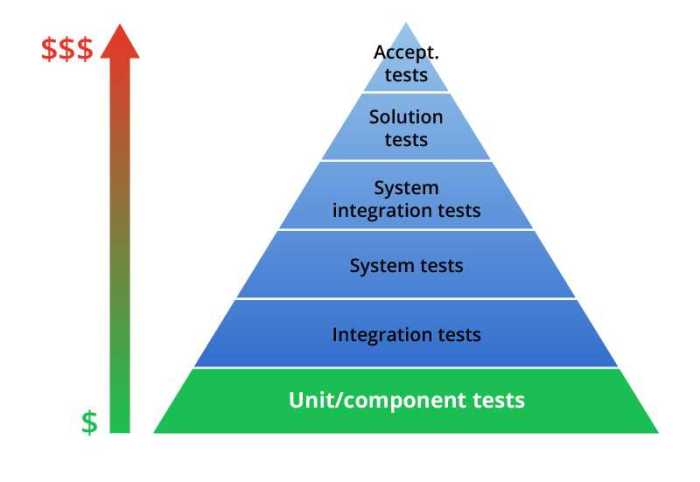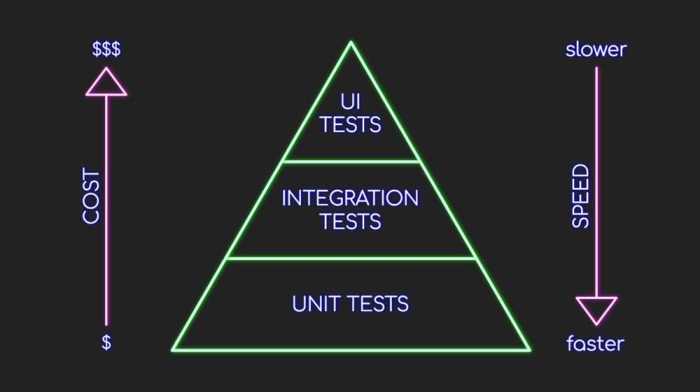Embark on a culinary adventure with our comida y salud unit test, where we’ll explore the fascinating connection between food and well-being. From the significance of a balanced diet to the vital role of essential nutrients, this test will provide a comprehensive understanding of how what we eat impacts our overall health.
Throughout this journey, we’ll delve into dietary guidelines, food sources, meal planning, and special considerations to equip you with the knowledge and tools for making informed nutritional choices. So, buckle up and get ready to discover the secrets to a healthier, more vibrant you!
Key Concepts

Nutrition and overall health are tightly intertwined. A balanced diet, providing the essential nutrients required by the body, is crucial for optimal functioning, disease prevention, and overall well-being.
Importance of a Balanced Diet
A balanced diet ensures that the body receives all the necessary nutrients in the appropriate proportions. It supports essential bodily functions, including growth, repair, and energy production. A balanced diet also helps maintain a healthy weight, reducing the risk of chronic diseases such as heart disease, stroke, type 2 diabetes, and certain types of cancer.
Essential Nutrients and Their Roles
- Carbohydrates:Primary source of energy for the body, providing glucose for cells.
- Proteins:Building blocks of tissues, enzymes, and hormones; essential for growth and repair.
- Fats:Provide energy, support cell function, and aid in the absorption of certain vitamins.
- Vitamins:Organic compounds required in small amounts for various bodily functions, such as metabolism, immunity, and vision.
- Minerals:Inorganic elements essential for bone health, muscle function, and nerve transmission.
Dietary Guidelines

Maintaining a healthy diet is crucial for overall well-being. Dietary guidelines provide recommendations for daily nutrient intake to ensure optimal health. These guidelines emphasize the importance of balancing macronutrients (carbohydrates, protein, and fat) and micronutrients (vitamins and minerals) while promoting portion control and serving size awareness.
Macronutrients
Macronutrients are the building blocks of a healthy diet, providing the body with energy and essential nutrients. The recommended daily intake of macronutrients varies based on age, activity level, and individual needs. Generally, carbohydrates should constitute 45-65% of daily calories, protein 10-35%, and fat 20-35%.
Micronutrients
Micronutrients, including vitamins and minerals, are essential for various bodily functions. They support immune function, regulate metabolism, and maintain healthy tissues. Fruits, vegetables, and whole grains are rich sources of micronutrients.
Portion Control and Serving Sizes
Portion control and serving size awareness are crucial for maintaining a healthy weight and preventing overeating. Reading food labels and using measuring cups and spoons can help individuals understand the appropriate serving sizes for different foods. Portion control promotes a balanced diet by preventing excessive consumption of calorie-dense foods.
Food Sources

Our bodies rely on a diverse range of nutrients to function optimally. These nutrients are obtained from the foods we consume. Understanding the different food groups and their nutritional value is essential for making informed choices that support our health and well-being.
The table below provides a comprehensive overview of four major food groups, highlighting specific foods, their nutritional value, and potential health benefits.
Nutrient-Rich Foods from Different Food Groups
| Food Group | Specific Foods | Nutritional Value | Health Benefits |
|---|---|---|---|
| Fruits | Apples, bananas, berries, citrus fruits | Vitamins (A, C), minerals (potassium, magnesium), fiber | Antioxidant protection, reduced risk of chronic diseases |
| Vegetables | Leafy greens (spinach, kale), cruciferous vegetables (broccoli, cauliflower), legumes (beans, lentils) | Vitamins (A, C, K), minerals (calcium, iron), fiber | Reduced risk of heart disease, stroke, and certain types of cancer |
| Whole Grains | Brown rice, quinoa, oats, whole-wheat bread | Fiber, B vitamins, complex carbohydrates | Improved digestion, reduced risk of chronic diseases, weight management |
| Lean Protein | Fish, poultry, beans, tofu | Protein, iron, zinc, omega-3 fatty acids | Muscle growth and repair, immune function, reduced risk of heart disease |
Consuming a variety of foods from different food groups ensures that we obtain a wide range of essential nutrients. By maintaining a balanced diet, we can support our overall health and reduce the risk of developing chronic diseases.
Meal Planning

Meal planning is an essential component of a healthy lifestyle. It helps you meet your nutritional needs, manage your weight, and save time and money. Here are some tips for meal planning:
- Start by assessing your current eating habits. What are you eating? How often are you eating? Are you meeting your nutritional needs?
- Once you have a good understanding of your current eating habits, you can start to make changes. Start by making small changes, such as adding a serving of fruits or vegetables to your meals.
- As you make changes to your eating habits, be sure to listen to your body. If you’re feeling hungry or tired, it’s a sign that you need to eat. Don’t ignore your hunger cues.
Benefits of Meal Planning
There are many benefits to meal planning. Some of the benefits include:
- Improved nutrition. Meal planning helps you ensure that you are meeting your nutritional needs.
- Weight management. Meal planning can help you manage your weight by helping you control your calorie intake.
- Time savings. Meal planning can save you time by reducing the amount of time you spend shopping for groceries and cooking.
- Money savings. Meal planning can save you money by helping you avoid impulse purchases and by buying in bulk.
Special Considerations
Dietary restrictions and chronic diseases require special attention to ensure optimal nutrition and well-being. Seeking professional guidance is crucial for personalized and evidence-based advice.
Dietary Restrictions, Comida y salud unit test
Common dietary restrictions include allergies, intolerances, and ethical or religious beliefs. Allergies involve an immune response to specific foods, while intolerances cause digestive discomfort. These restrictions necessitate careful meal planning to avoid adverse reactions.
Chronic Diseases
Nutrition plays a vital role in managing chronic diseases such as diabetes, heart disease, and cancer. Registered dietitians can develop tailored dietary plans to improve blood sugar control, reduce inflammation, and support overall health.
Professional Advice
Seeking advice from a registered dietitian or healthcare professional is essential for individuals with dietary restrictions or chronic diseases. They can provide personalized guidance, address specific needs, and ensure a balanced and nutritious diet.
After you finish the comida y salud unit test, you might want to explore ati med surg practice b . Once you’ve gained a deeper understanding of these topics, you’ll be well-equipped to tackle the comida y salud unit test with confidence.
Food Safety
Food safety encompasses practices that prevent foodborne illnesses by ensuring the safety of food from production to consumption. It involves adhering to proper food handling, storage, and cooking techniques to minimize the risk of contamination and microbial growth.
Importance of Proper Food Handling
Proper food handling involves following safe practices during food preparation, storage, and transportation. This includes washing hands thoroughly, avoiding cross-contamination, maintaining proper temperatures during storage, and using clean utensils and surfaces.
Importance of Proper Food Storage
Proper food storage involves maintaining appropriate temperatures to inhibit microbial growth. This includes refrigerating perishable foods promptly, freezing foods for long-term storage, and storing dry goods in cool, dry places to prevent spoilage.
Importance of Proper Cooking Techniques
Proper cooking techniques involve heating food to internal temperatures that kill harmful bacteria. This includes cooking poultry, meat, and fish to the recommended internal temperatures, using a food thermometer to ensure thorough cooking, and avoiding undercooking or overcooking.
Potential Risks and Consequences of Foodborne Illnesses
Foodborne illnesses can result from consuming contaminated food, leading to various symptoms such as nausea, vomiting, diarrhea, abdominal pain, and fever. In severe cases, foodborne illnesses can cause hospitalization, organ damage, or even death.
Detailed FAQs: Comida Y Salud Unit Test
What is the most important nutrient for overall health?
While all nutrients are essential, a balanced intake of macronutrients (carbohydrates, protein, fat) and micronutrients (vitamins, minerals) is crucial for optimal health.
How can I ensure I’m getting enough variety in my diet?
Aim to incorporate foods from all food groups (fruits, vegetables, whole grains, lean protein, healthy fats) into your daily meals. This diversity ensures a wide range of nutrients.
Is it necessary to count calories to lose weight?
While calorie counting can be helpful for some, it’s not always necessary. Focus on consuming nutrient-rich foods, reducing processed foods and sugary drinks, and engaging in regular physical activity.